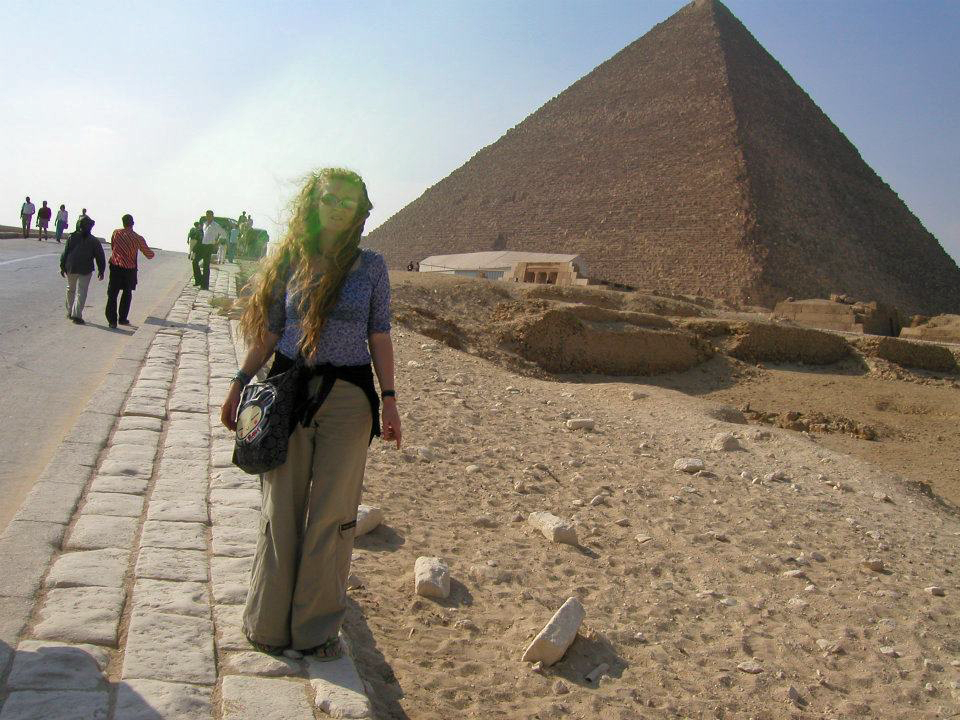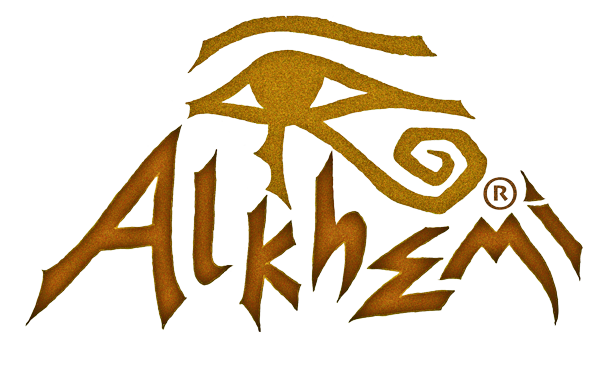
TRAVEL INFORMATION
Alkhemi Travel tours are fully guided. Facilitators, tour guides or our friendly English speaking staff will always be on hand to assist you, so please do not hesitate to ask for help at any time. There will be no time during the tour when we would expect you to be unassisted in public places unless, of course, you are happy to explore alone!
In order for you to make the most of your holiday, we hope you will find these notes useful for reference when preparing for the tour and when travelling. Please do not hesitate to contact us if you have any questions or concerns.
LANGUAGE: The language of Egypt is Arabic, although Egyptian Arabic can vary from the Arabic spoken in other countries. The Egyptians are a courteous, friendly and hospitable people who have a great sense of humour. As English is taught in schools, many Egyptians, especially those who work with tourists, speak some English and will enjoy asking about your family and your country. If you know any Arabic words you will be very popular! The following is a very brief guide to useful Arabic words:
Thank you = shukran
No thank you = laa shukran
Yes = aiywa
Hello (literally, "peace be upon you") = as salaamu alaykum
Response to above (literally, "upon you be peace") = walaykum as salaam
How are you? = izzayak? (to a man), izzayik? (to a woman)
How much? = Bekam?
Ok = tammam
Goodbye (literally "go in peace") = ma as salaama
PASSPORTS: You will need a valid passport with an expiration date no less than six months from the date you enter Egypt. The name on your passport will be the name used for booking purposes, so if you prefer a different name on your certificates, please let us know. There is space for this on the booking form.
VISAS: You must have a visa to enter Egypt. This can be obtained at the airport on arrival. It is usually better to pay with dollars or sterling, and costs around £20. Please make sure you have some cash available for this, as it is possible to be refused a visa if you have only Egyptian currency.
CURRENCY: The currency of Egypt is the Egyptian pound written "LE", which is divided into 100 piastres, "pt". Cash is widely available in Egypt from ATMs which you will find in the streets, inside the larger hotels and in banks. Western banks vary in how much they will charge for this, so you may like to check with your own bank before departure. There are many banks in Cairo, Luxor and Aswan. Opening times vary, but most will open from about 8.30am to 1pm, and open again in the evening. Don't forget that Friday is a Holy day in Egypt (not Sunday) and banks will be closed all day. You will need your passport to withdraw money from the bank counter. Credit cards are accepted widely in shops and banks.
CLIMATE: Remember that everyone has different tolerances when it comes to temperature, so your own preferences need to be taken into account when booking your tour.
Egypt has a sunny climate most of the year but it is a dry heat and there is very little humidity. There is almost no rain (under 10 cm a year), especially in the south. Luxor and Aswan are always a few degrees warmer than Cairo. In September and October the weather varies from hot to pleasantly warm. Even the nights are warm, especially in Luxor and Aswan.
From November through February, it is pleasantly warm during the day, but can be cooler at night, so you would need a jacket, woolly, or sweatshirt. March and April are popular months to visit Egypt. Winter is over, but the hot days of summer do not really start until May. Temperatures vary from pleasant to hot, but occasional winds may sometimes mean that you need an extra clothing layer in the evening.
May to August is the low season in Egypt, as temperatures are hot, even at night. One advantage of this is that the sites are much less crowded at even the most popular temples and tombs. We know from experience, however, that it is almost impossible to carry out meditations and energywork in such heat, so Alkhemi Travel will only have tours during these months if there is an exceptional reason, for example, a rare or significant astronomical alignment.
CLOTHING: The Egyptian climate is hot and dry, so light, cotton clothing is ideal. Hats or scarves are a must in hot weather, but these are available almost everywhere in Egypt at very reasonable prices. Sandals are fine most of the time, but many of the sites can be uneven underfoot, and it can be useful to have a more sturdy pair of shoes, such as trainers, just in case. Between November and March you will need an extra layer for the evenings which can sometimes feel chilly after the warm days.
Although Egypt is seen as moderate by other Arab states, it is still a traditional Muslim country. Egyptian women, at least the Muslim majority (5% of Egyptians are Coptic Christians), always wear clothes which cover their head, arms and legs. Any woman wearing revealing clothing, such as very skimpy shorts and strappy vest tops, will be presumed to be "easy". Whatever your views, this is a fact of Arab culture, and as many travellers appreciate meeting the local people, it makes sense to respect their culture. To avoid unwelcome attention which can spoil the enjoyment of your holiday, we recommend that when visiting local attractions such as souks (markets), bazaars (shops) and restaurants, women wear clothes which cover the upper arms and upper legs. This does not apply so much at archeological sites, where the staff are used to tourists, but we may often visit a restaurant or market straight after a site. A sarong or scarf, carried in a bag and thrown around the shoulders is very handy.
HEALTH AND VACCINATIONS: You are the best expert on your own health and well-being but the following information may be useful. By your participation in the tour, you are presumed to be fit and healthy. If you have any concerns, please discuss this with a trusted health professional/practitioner. However, in line with our ethical and environmentally friendly policies, we want to enable everyone to experience the wonders of Egypt. For travellers who are not independently mobile and require assistance, please contact us to discuss your individual requirements.
Chemists/pharmacies are found in nearly every street in Egypt. The pharmacist will often speak English, and modern drugs/medicines are widely available, but to avoid any problems we recommend that you bring with you any medication you need, or are likely to need. These should be clearly labelled to avoid hassle and delay at airports.
Observing the usual hygiene rules will eliminate most issues but, changes in climate and diet can sometimes upset the immune system. The two major problems experienced by travellers in Egypt are mosquito bites and digestive upsets. If you know you are susceptible to these, please take your usual precautions. We recommend Tea Tree Oil or Aloe Vera gel to treat mosquito bites and for general anti-bacterial properties. In Egypt tap water is heavy chlorinated, but we recommend that you drink only bottled water. All bottled water is provided by Alkhemi Travel, but if exploring alone, only drink bottled water. When buying water always make sure that the cap is sealed.
Vaccinations are not a legal requirement in Egypt.
PERSONAL SAFETY: Egyptians are proud of their country and very welcoming to visitors. Tourist Police throng the streets and historic sites. Theft or violent attacks against foreigners are virtually unheard of in Egypt, and there are many stories of shopkeepers running after a tourist who has left a camera, sunglasses or wallet in their shop. However, as in any country, it is always wise not to carry large amounts of money or personal valuables with you.
TIPPING: In Egypt, tipping is very much a way of life, not just reserved for tourists. It is one way in which wealth passes down to ordinary people. Called "baksheesh" which means "shared wealth", for many this could be their only source of income. Anyone who helps you, whether by providing paper tissue for you to dry your hands in public toilets, helping you on and off a boat, carrying your bags, hailing you a taxi or directing you towards a destination, will ask for baksheesh. As Alkhemi Travel tours are fully guided, we will take care of all tipping for porterage, drivers, staff and temple guides. However you may find it useful to have notes of small denominations such as 50 piastres, or 1 LE (Egyptian pound) to hand. Baksheesh is a traditional way to show your appreciation and will be gratefully received, especially if it is accompanied by a friendly "shukran!" (thank you).
Our vision at Alkhemi Travel is that you have the holiday of a lifetime. If you have any questions whatsoever, please do not hesitate to contact us.
